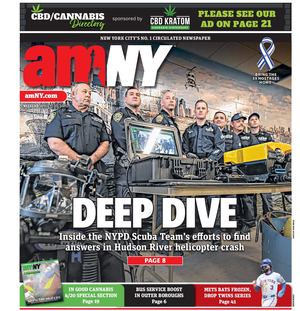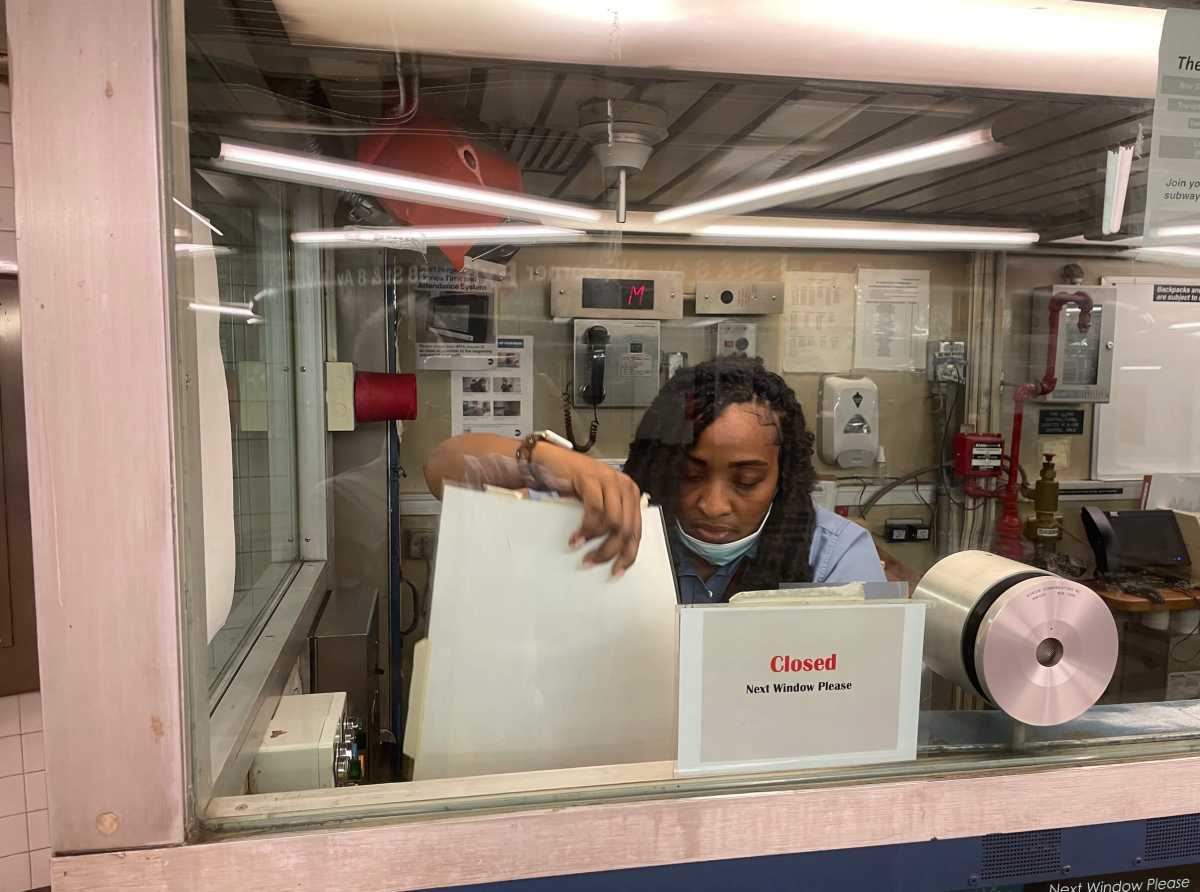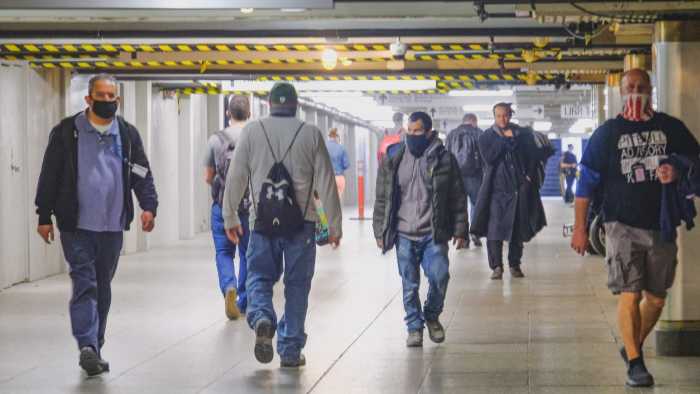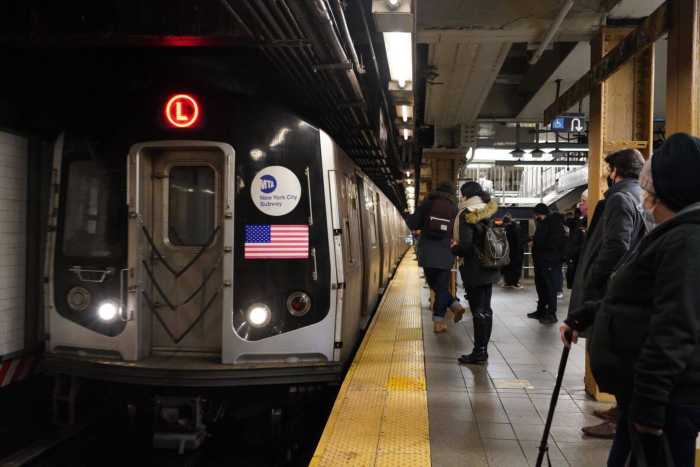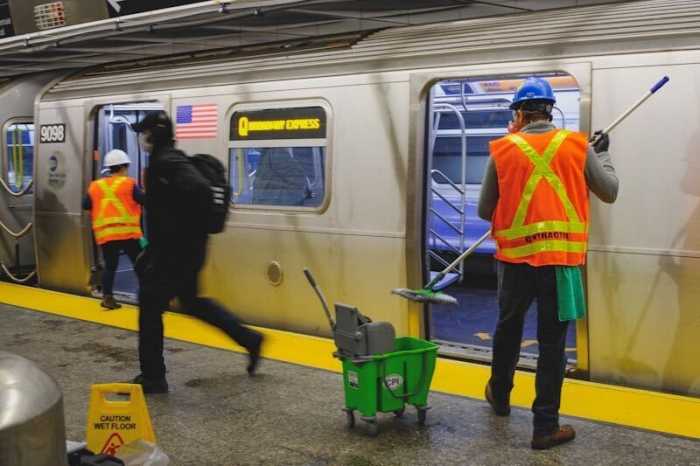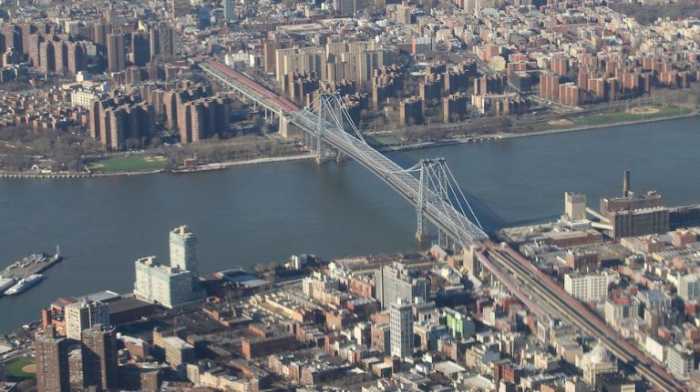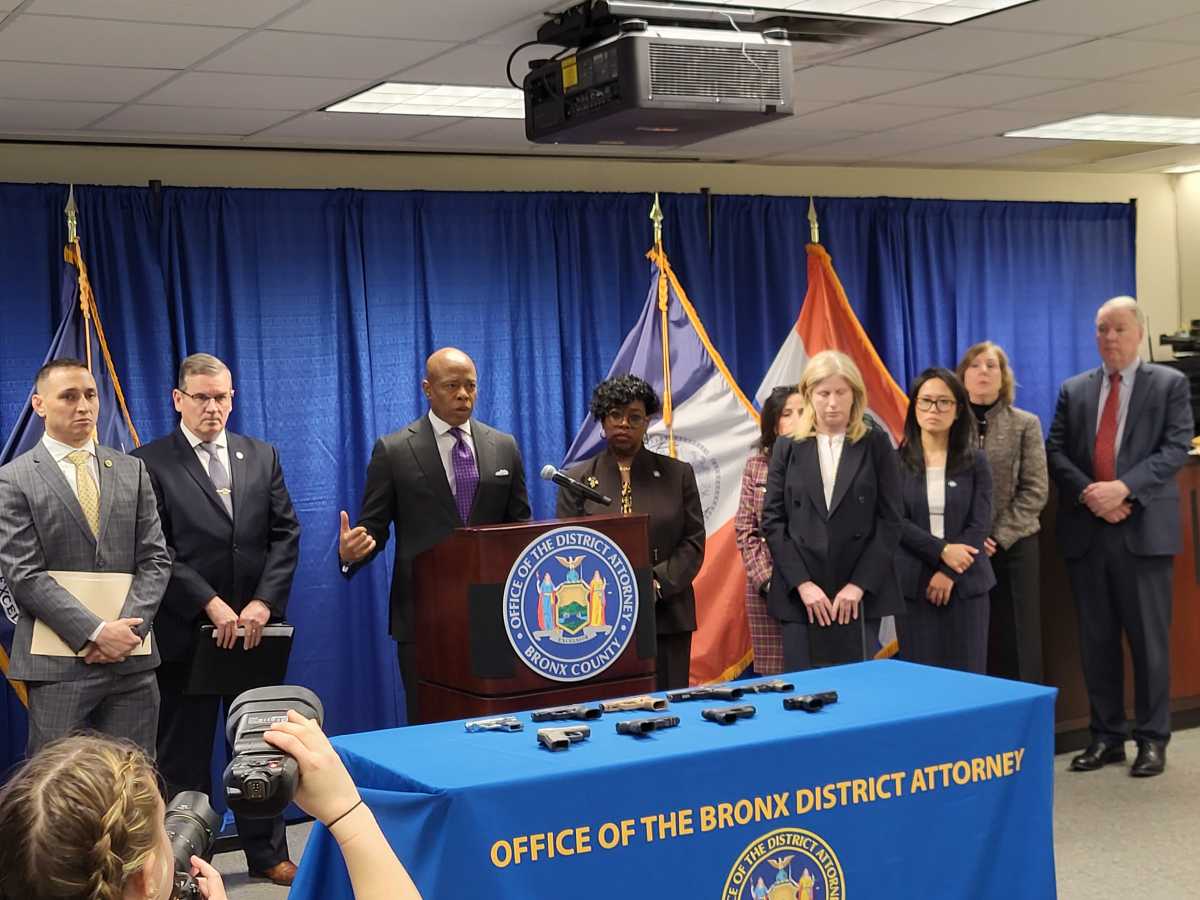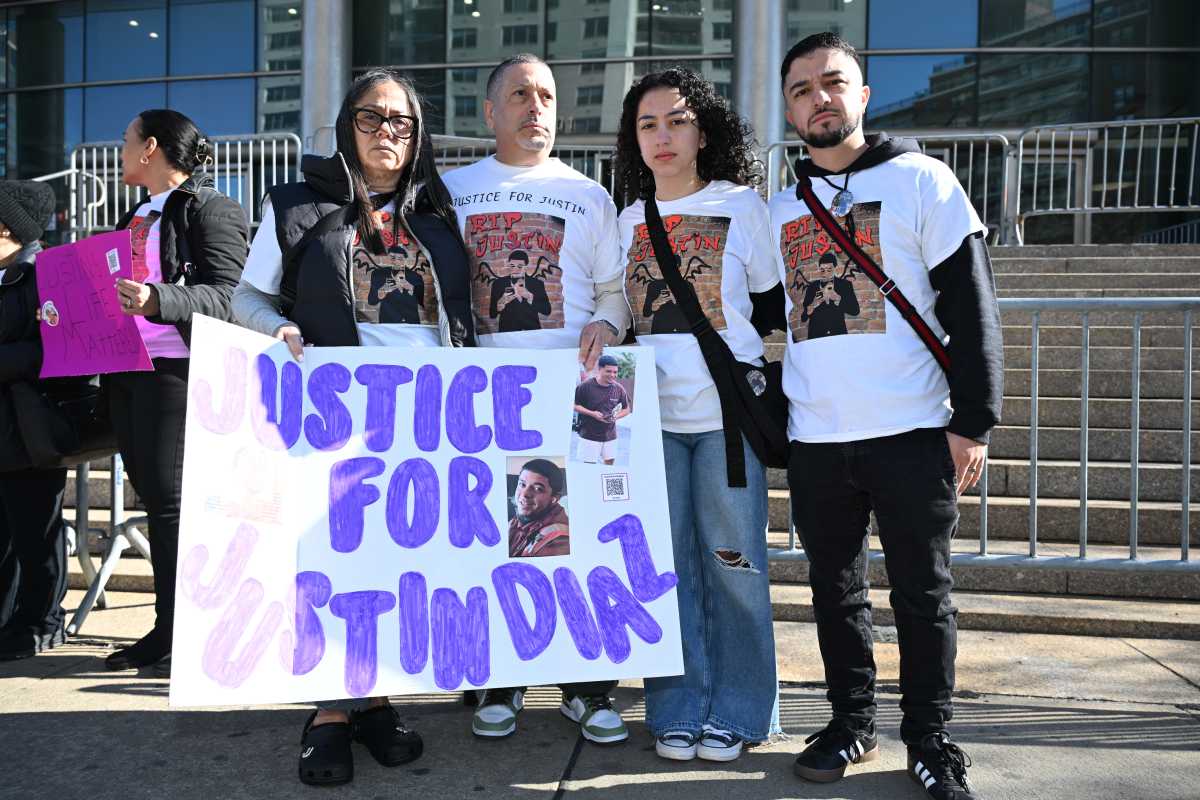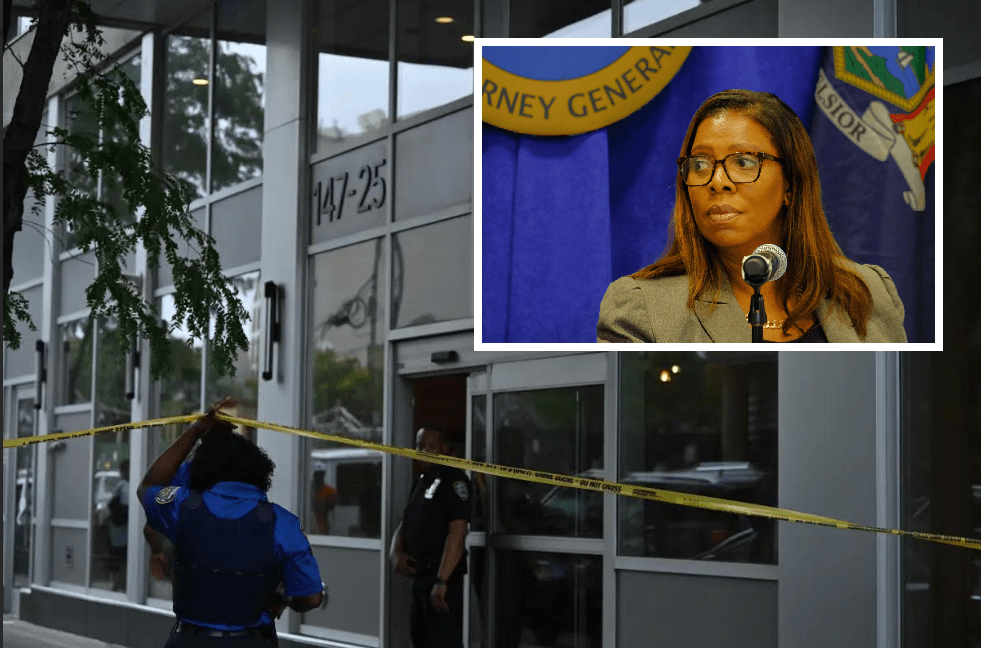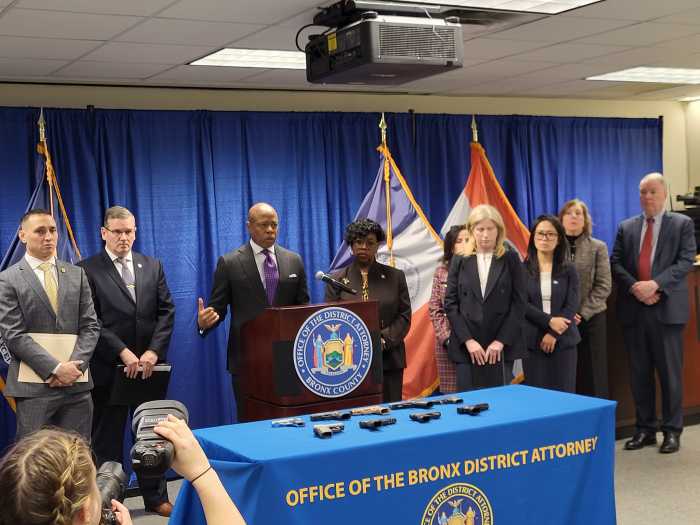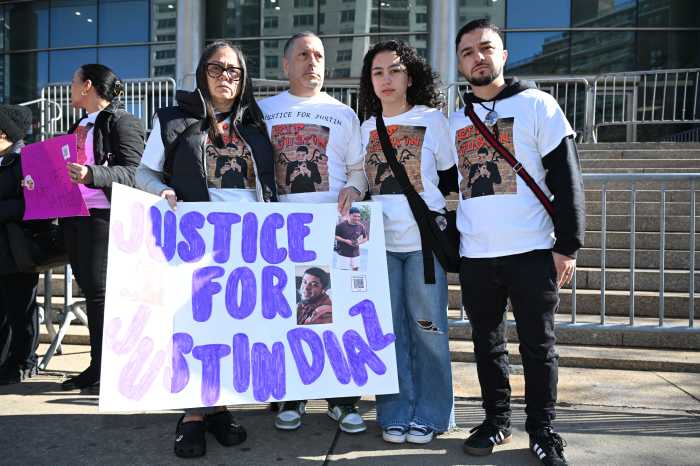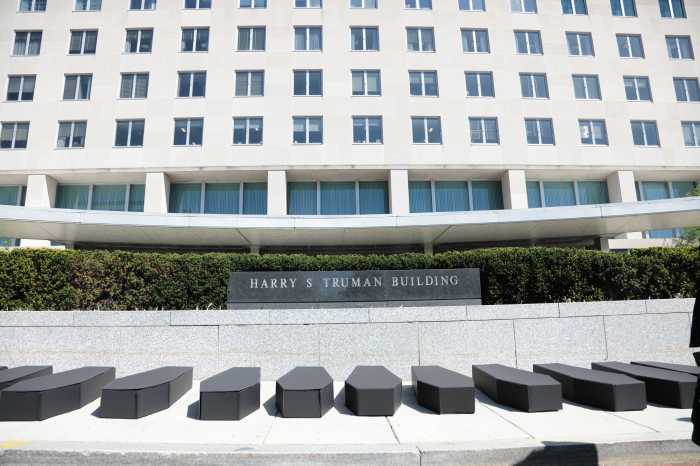The MTA’s decision to permanently end cash payments at station booths drew the ire of advocates and politicians Thursday, who accused transit honchos of depriving access to tickets for riders without bank accounts.
“Governor Cuomo must let transit riders pay with cash at subway booths. With one-third of New York City residents unbanked or underbanked, cash remains essential for millions of people.” said Betsy Plum the executive director of Riders Alliance in a June 24 statement.
At an MTA press conference on June 24, Chief Safety Officer Pat Warren said, in response to a reporter’s question, that the agency would continue its pandemic-era ban on cash transactions at the booths indefinitely, citing the rollout of its OMNY tap-payment system as making the booth transactions redundant.
“We currently do not plan to resume cash transactions in the booths,” Warren said. “We’re changing to the new OMNY system, which is the largest change that’s going on in the system… so there really is no need for it.”
Commuters with damaged MetroCards will have to mail them to the agency for replacement or shlep to MTA’s customer service center in lower Manhattan, reported the New York Daily News.
The City Council in early 2020 made it illegal for businesses to refuse cash, unless shops provided devices converting cash to cards, as is common in laundromats and at larger venues like Barclays Center in Brooklyn.
Warren noted that riders can still pay with cash at the 1,688 ticket vending machines in the system.
“No one should be inconvenienced, the opportunity is there to use cash to get a MetroCard and or we hope you start to use the OMNY soon,” he said.
But Plum and others said that riders will be left stranded any time those machines malfunction, which one advocate described as a “chronic” issue.
“Many low-income New Yorkers do not have access to forms of electronic payment, and as any frustrated straphanger rushing to work during a morning commute can attest, MetroCard vending machines are chronically broken,” said Jaqi Cohen, director of New York Public Interest Research Group’s Straphangers Campaign.
At stations for the MTA’s commuter trains on the Metro-North Railroad and Long Island Rail Road, cash payments resumed at station booths, and one union chief accused the agency of giving preference to suburban riders.
“Are they better than subway riders? Are they more deserving of this level of customer service? It’s an insulting outrage,” read a statement by Transport Workers Union Local 100 president Tony Utano, who represents the majority of the agency’s workforce.
According to city data from 2017, 11.2% of households in the city have no bank account and another 21.8% are underbanked, meaning they have an account but use other financial products for some banking needs.
More than a third of unbanked households, or 35%, are in ten neighborhoods that are predominantly Black or Hispanic, poorer, and where residents are more likely to have no credit score or bad credit and debt, according to the report, and one state legislator decried MTA’s new policy as a direct attack on working class New Yorkers.
“This decision is a crime against poor people, full stop,” said Brooklyn state Sen. Julia Salazar on Twitter.
A spokesman for the governor referred a request for comment to the MTA.
In a statement Thursday afternoon, the MTA’s chief spokesman, Tim Minton, appeared to walk back Warren’s comments from the day before, saying cash payments were merely under review and that transit bigs have yet to make a final decision.
“To be clear, no decision has been made and no decision was announced yesterday regarding cash returning to station booths,” Minton said in a statement. “The MTA continues to review logistics and other considerations associated with accepting cash payments at subway station booths post-pandemic.”
The spokesman noted that MTA still accepts cash payments for MetroCards at its vending machines, its MetroCard Mobile Vans that regularly travel the Five Boroughs, and via 1,470 select merchants and convenience stores.
